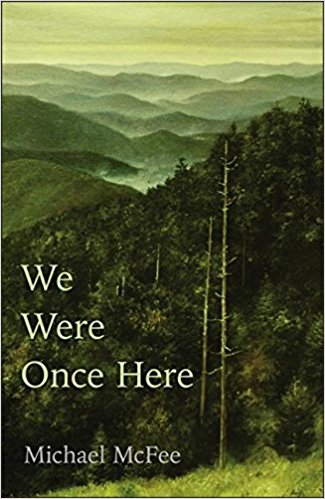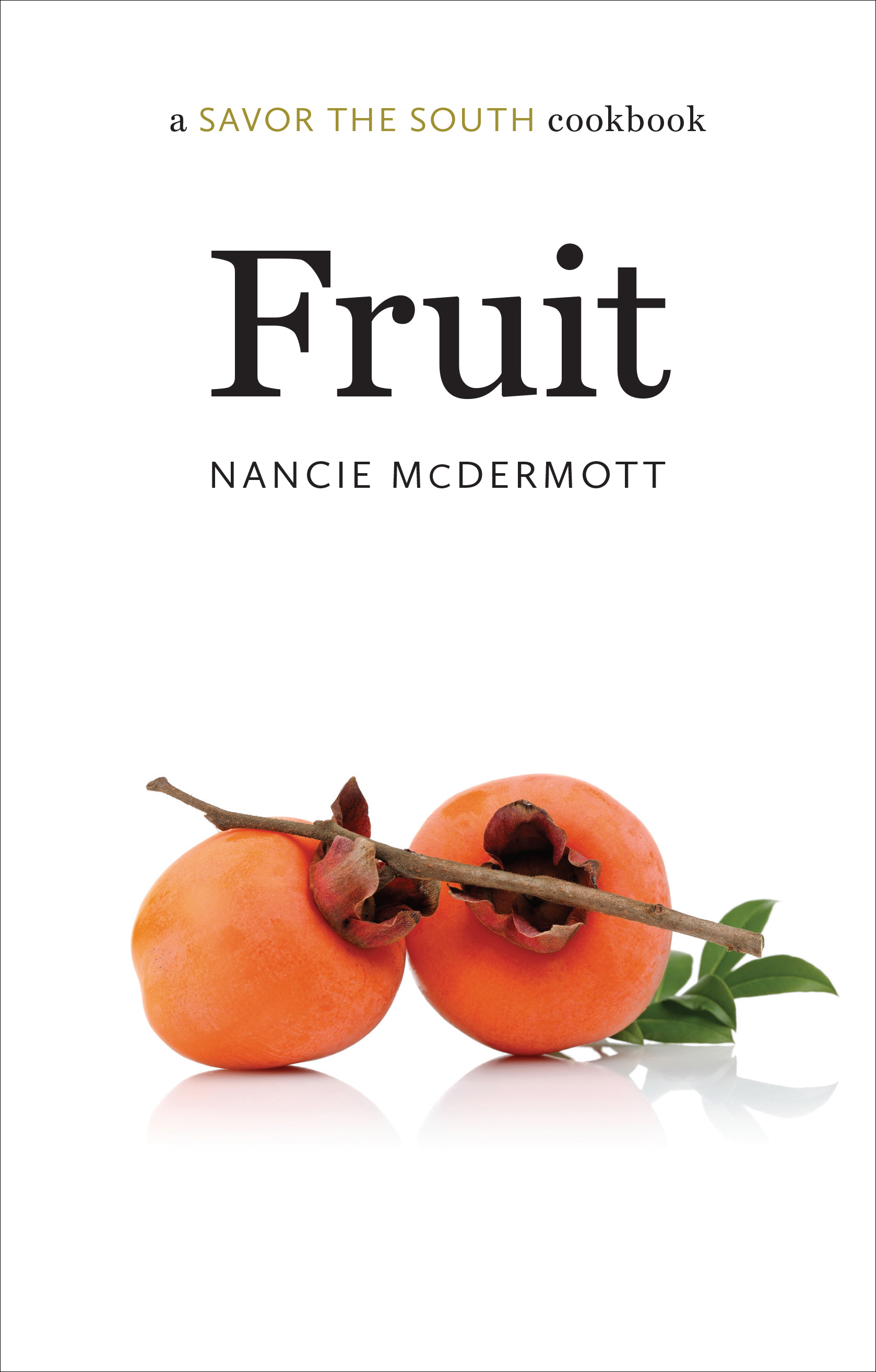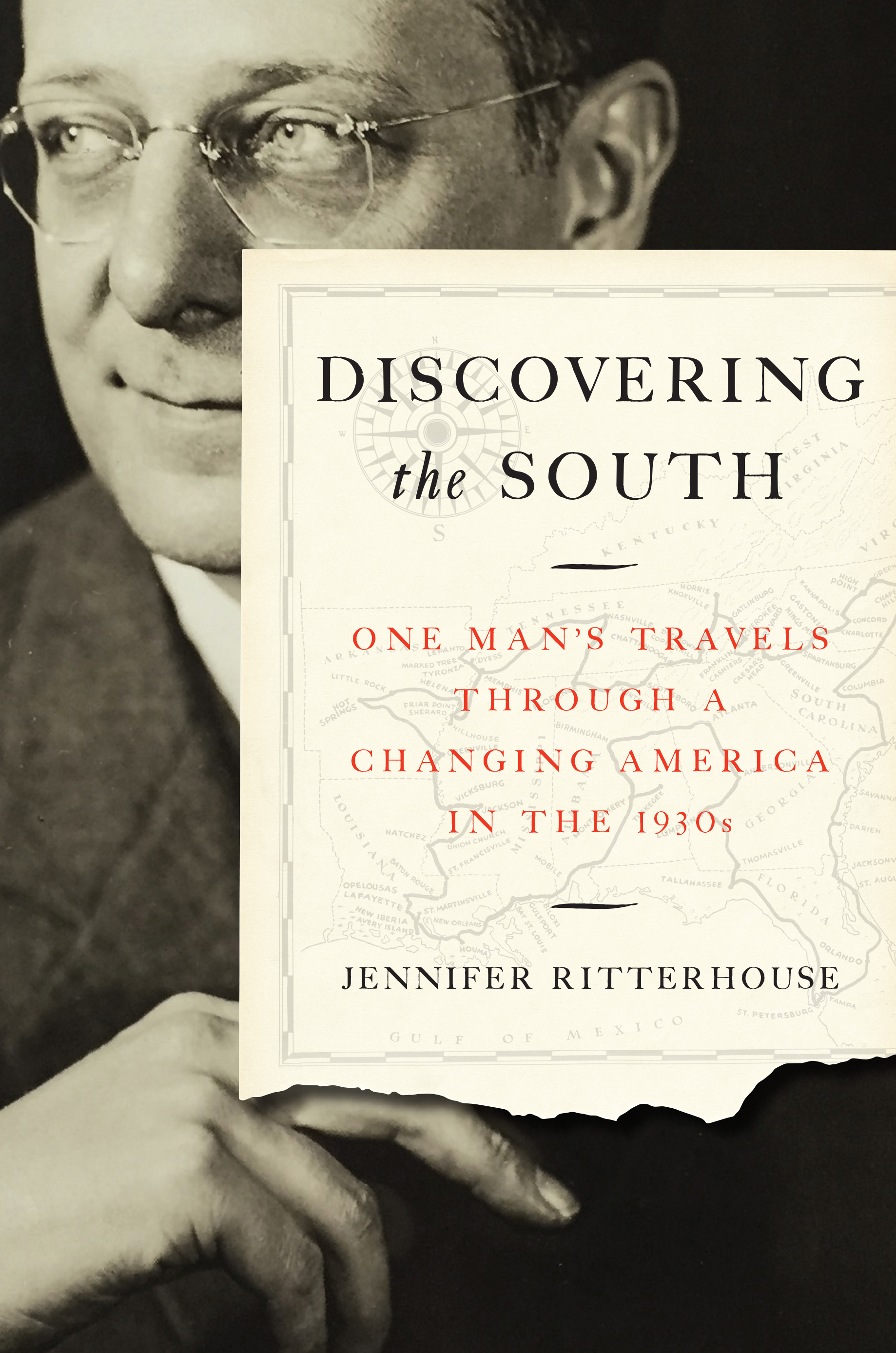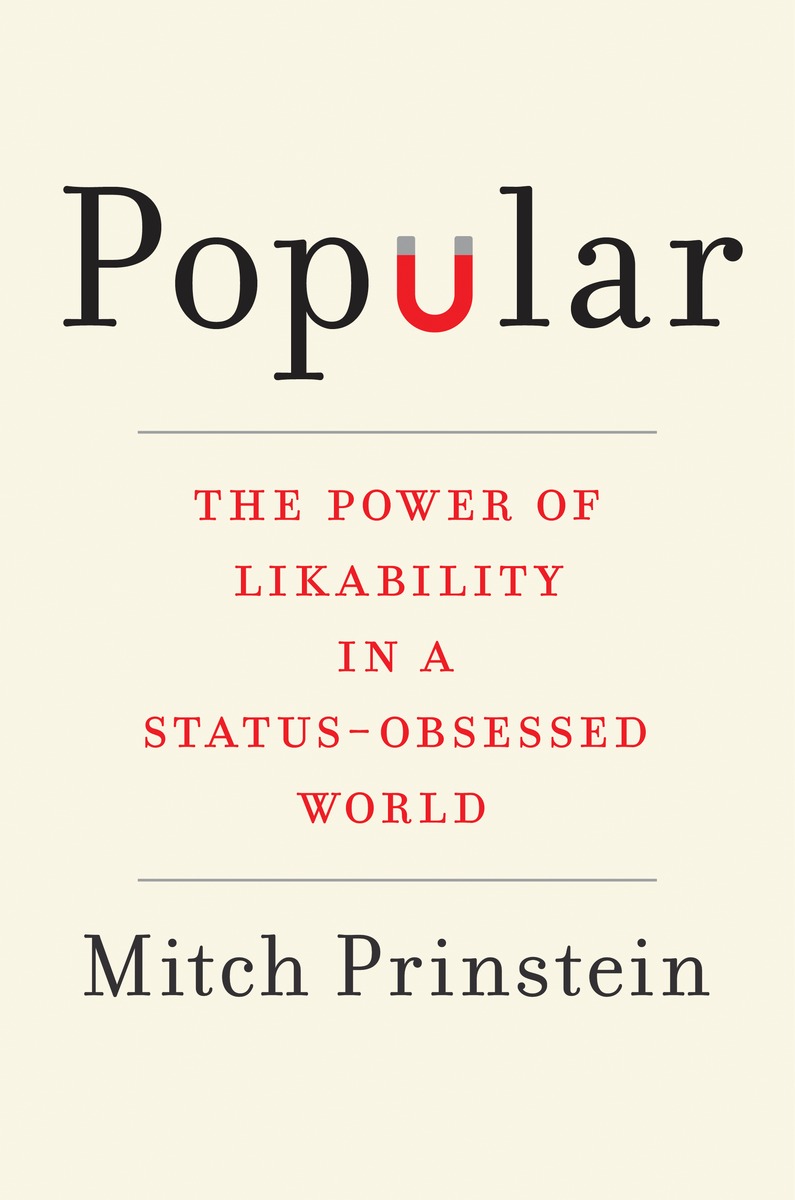
That Self-Forgetful Perfectly Useless Concentration (The University of Chicago Press, November 2016) by Alan Shapiro, William R. Kenan Distinguished Professor of English and creative writing. Shapiro’s new book is part memoir, part literary criticism — and an artful fusion of the two. The author brings his warmth, humor and many years as both poet and teacher to bear as he sketches affectionate portraits of his early teachers, revisits the deaths of his brother and sister, and examines poems that have helped him navigate troubled times.
Extraordinary Adventures (St. Martin’s Press, May, 30, 2017) by Daniel Wallace, J. Ross MacDonald Distinguished Professor of English and director of UNC’s creative writing program. Edsel Bronfman works as a junior executive shipping clerk for an importer of Korean flatware. He lives in a seedy neighborhood and spends his free time with his spirited mother. Things happen to other people, and Bronfman knows it. Until, that is, he gets a call from operator 61217 telling him that he’s won a free weekend at a beachfront condo in Destin, Fla. But there’s a catch: the offer is intended for a couple, and Bronfman has only 79 days to find someone to take with him.
Read the New York Times review.
Labour in Global Value Chains in Asia (Cambridge University Press, December 2016) co-edited by Meenu Tewari, associate professor, department of city and regional planning. The book brings together a set of studies on labor conditions in global value chains in a variety of sectors, ranging from labor-intensive sectors (garments, fresh fruits, tourism), to medium and high technology sectors (automobiles, electronics and telecom) and knowledge-intensive sectors (IT software services). The studies span a number of countries across Asia — Bangladesh, Cambodia, China, India, Indonesia, Sri Lanka and Vietnam.
 We Were Once Here (Carnegie Mellon University Press, February 2017) by Michael McFee, a poet and professor of creative writing in the department of English and comparative literature. In We Were Once Here, McFee continues to write inventive appreciations of often-overlooked subjects, particularly the people and language of his native Appalachia. This new collection contains thoughtful and playful celebrations of such things as snoring, a wall telephone from the 1960s, yardsticks, the Sunday newspaper and Fats Waller. It also extends McFee’s characteristic lyric keenness into longer work, including a 21-part centerpiece elegy for his niece. Listen to a WUNC “State of Things” interview with Michael McFee.
We Were Once Here (Carnegie Mellon University Press, February 2017) by Michael McFee, a poet and professor of creative writing in the department of English and comparative literature. In We Were Once Here, McFee continues to write inventive appreciations of often-overlooked subjects, particularly the people and language of his native Appalachia. This new collection contains thoughtful and playful celebrations of such things as snoring, a wall telephone from the 1960s, yardsticks, the Sunday newspaper and Fats Waller. It also extends McFee’s characteristic lyric keenness into longer work, including a 21-part centerpiece elegy for his niece. Listen to a WUNC “State of Things” interview with Michael McFee.
The Carolina Table: North Carolina Writers on Food (Eno Publishers, November 2016) edited by Randall Kenan, professor of English and creative writing. At the intersection of food and story, The Carolina Table offers a collection of food-related stories set in North Carolina, though geography is sometimes secondary to the main theme, which is food in any form: meals and manners, cooking and ingredients, recipes and recollections. The collection is edited by Kenan, an award-winning novelist and food writer. Some of North Carolina’s favorite writers regale us with stories: Lee Smith, Daniel Wallace, Marianne Gingher, Jill McCorkle, Jaki Shelton Green, Marcie Cohen Ferris, Michael McFee and more. Listen to an interview with Randall Kenan on WUNC’s “The State of Things.”
The Polite Society (Unicorn Press, April 2017) by Ross White, lecturer and poet in UNC’s creative writing program. What is the spirit of our age, and what are the consequences of that spirit? Through his new book of poetry, White pursues these questions, urging readers to ignore politics in its infamous, decadent sense and focus instead on how we might still work to flourish together. Emma Bolden, author of Maleficae, writes: “The Polite Society is exactly the kind of work we need to be doing as writers and as human beings. In these gorgeously crafted poems, White examines not only our broken system of government but the systems of thought that broke it — and threaten to break us.”
 All the Agents and Saints (UNC Press, July 10, 2017) by Stephanie Elizondo Griest, award-winning author, travel writer and assistant professor of creative nonfiction in the department of English and comparative literature. Ravaged by drug wars and barricaded by an 18-foot steel wall, Griest’s ancestral land of South Texas had become the nation’s foremost crossing ground for undocumented workers, many of whom perished along the way. The frequency of these tragedies seemed like a terrible coincidence, before Elizondo Griest moved to the New York/Canada borderlands. Once she began to meet Mohawks from the Akwesasne Nation, however, she recognized striking parallels to life on the southern border. In All the Agents and Saints, Elizondo Griest weaves seven years of stories into a meditation on the existential impact of international borderlines by illuminating the spaces in between and the people who live there.
All the Agents and Saints (UNC Press, July 10, 2017) by Stephanie Elizondo Griest, award-winning author, travel writer and assistant professor of creative nonfiction in the department of English and comparative literature. Ravaged by drug wars and barricaded by an 18-foot steel wall, Griest’s ancestral land of South Texas had become the nation’s foremost crossing ground for undocumented workers, many of whom perished along the way. The frequency of these tragedies seemed like a terrible coincidence, before Elizondo Griest moved to the New York/Canada borderlands. Once she began to meet Mohawks from the Akwesasne Nation, however, she recognized striking parallels to life on the southern border. In All the Agents and Saints, Elizondo Griest weaves seven years of stories into a meditation on the existential impact of international borderlines by illuminating the spaces in between and the people who live there.
Atlantic Bonds (UNC Press, February 2017) by Lisa A. Lindsay, Bowman and Gordon Gray Distinguished Term Associate Professor of History. A decade before the American Civil War, James Churchwill Vaughan set out to fulfill his formerly enslaved father’s dying wish that he should leave America to start a new life in Africa. Tracing Vaughan’s journey from South Carolina to Liberia to several parts of Yorubaland (present-day southwestern Nigeria), Lindsay documents this “free” man’s struggle to find economic and political autonomy in an era when freedom was not clear and unhindered anywhere for people of African descent.
Intimations of Modernity (UNC Press, February 2017) by Louis A. Perez Jr., J. Carlyle Sitterson Professor of History. Perez’s new history of 19th-century Cuba chronicles in fascinating detail the emergence of an urban middle class that was imbued with new knowledge and moral systems. Fostering innovative skills and technologies, these Cubans became deeply implicated in an expanding market culture during the boom in sugar production and prior to independence. Perez also highlights women’s centrality in this process, showing how criollas adapted to new modes of self-representation as a means of self-fulfillment. Increasing opportunities for middle-class women’s public presence and social participation was both cause and consequence of expanding consumerism and of women’s challenges to prevailing gender hierarchies.
 Fruit: A Savor of the South Cookbook (UNC Press, March 2017) by Nancie McDermott (English ’73), a North Carolina native, cooking teacher and author of 13 cookbooks. Fruit collects a dozen of the South’s bountiful locally sourced fruits in a cook’s basket of 54 luscious dishes, savory and sweet. From old-school Grape Hull Pie to Mayhaw Jelly–Glazed Shrimp, McDermott’s recipes for these less common fruits are of remarkable interest — and incredibly tasty. Her recipes, including a favorite piecrust, provide a treasury of ways to relish southern fruits at their ephemeral peak and to preserve them for enjoyment throughout the year.
Fruit: A Savor of the South Cookbook (UNC Press, March 2017) by Nancie McDermott (English ’73), a North Carolina native, cooking teacher and author of 13 cookbooks. Fruit collects a dozen of the South’s bountiful locally sourced fruits in a cook’s basket of 54 luscious dishes, savory and sweet. From old-school Grape Hull Pie to Mayhaw Jelly–Glazed Shrimp, McDermott’s recipes for these less common fruits are of remarkable interest — and incredibly tasty. Her recipes, including a favorite piecrust, provide a treasury of ways to relish southern fruits at their ephemeral peak and to preserve them for enjoyment throughout the year.
Gertrude Weil (UNC Press, April 2017) by Leonard Rogoff (M.A. English ’69, Ph.D. English ’76), a research historian for the Jewish Heritage Foundation of North Carolina. In the first-ever biography of Weil, Rogoff tells the story of a modest southern Jewish woman who, while famously private, fought publicly and passionately for the progressive causes of her age. Weil made national headlines during an election in 1922 when, casting her vote, she spotted and ripped up a stack of illegally marked ballots. She campaigned against lynching, convened a biracial council in her home, and in her 80s desegregated a swimming pool by diving in headfirst.
The Life and Times of General Andrew Pickens (UNC Press, April 17, 2017) by Rod Andrew Jr. (history ’87), a professor of history at Clemson University. Andrew offers an authoritative and comprehensive biography of Pickens, the hard-fighting South Carolina militia commander of the American revolution, highlighting the man, the general, the planter and the diplomat. He vividly depicts Pickens as he founds churches, acquires slaves, joins the Patriot cause and struggles over Indian territorial boundaries on the southern frontier. Andrew suggests that Pickens’s rise to prominence, his stern character and his sense of duty highlight the egalitarian ideals of his generation as well as its moral shortcomings.
 Discovering the South (UNC Press, March 2017) by Jennifer Ritterhouse (M.A. history ’94, Ph.D. history ’99), an associate professor of history at George Mason University. During the Great Depression, the American South was not merely “the nation’s number one economic problem,” as President Franklin Roosevelt declared. It was also a battlefield on which forces for and against social change were starting to form. For Jonathan Daniels, editor of The (Raleigh) News and Observer, it was a fascinating moment to explore. On May 5, 1937, he set out to find the true South, driving thousands of miles in his trusty Plymouth. In Discovering the South, Ritterhouse pieces together Daniels’s unpublished notes from his tour along with his published writings and a wealth of archival evidence to put this one man’s journey through a South in transition into a larger context.
Discovering the South (UNC Press, March 2017) by Jennifer Ritterhouse (M.A. history ’94, Ph.D. history ’99), an associate professor of history at George Mason University. During the Great Depression, the American South was not merely “the nation’s number one economic problem,” as President Franklin Roosevelt declared. It was also a battlefield on which forces for and against social change were starting to form. For Jonathan Daniels, editor of The (Raleigh) News and Observer, it was a fascinating moment to explore. On May 5, 1937, he set out to find the true South, driving thousands of miles in his trusty Plymouth. In Discovering the South, Ritterhouse pieces together Daniels’s unpublished notes from his tour along with his published writings and a wealth of archival evidence to put this one man’s journey through a South in transition into a larger context.
The Shape of the Roman Order: The Republic and Its Spaces (UNC Press, February 2017) by Daniel J. Gargola (Ph.D. history ’88), associate professor of history at the University of Kentucky. Gargola demonstrates how important the concept of space was to the governance of Rome in this new book. He explains how Roman rulers, without the means for making detailed maps, conceptualized the territories under Rome’s power as a set of concentric zones surrounding the city. In exploring these geographic zones and analyzing how their magistrates performed their duties, Gargola explores the idiosyncratic way the elite made sense of the world around them and how it fundamentally informed the way they ruled over their dominion.
Maya Cultural Heritage: How Archaeologists and Indigenous Communities Engage the Past (Rowman & Littlefield, fall 2016) by Patricia McAnany, Kenan Eminent Professor of Anthropology. Situated at the intersection of cultural heritage and local community, this book enlarges our understanding of the Indigenous peoples of southern México and northern Central America who became detached from “the ancient Maya” through colonialism, government actions and early 20th-century anthropological and archaeological research. Maya Cultural Heritage explores how community programs conceived and implemented in a collaborative style are changing the relationship among archaeological practice, the objects of archaeological study and contemporary ethnolinguistic Mayan communities.
 Popular: The Power of Likability in a Status-Obsessed World (Viking, June 2017) by Mitch Prinstein, the John Van Seters Distinguished Professor of Psychology and Neuroscience. No matter how old you are, there’s a good chance that the word “popular” immediately transports you back to your teenage years. In this new book, a leading psychologist examines how our popularity affects our success, our relationships and our happiness — and why we don’t always want to be the most popular. Popular relies on the latest research in psychology and neuroscience to help us make the wisest choices for ourselves and for our children, so we may all pursue more meaningful, satisfying and rewarding relationships.
Popular: The Power of Likability in a Status-Obsessed World (Viking, June 2017) by Mitch Prinstein, the John Van Seters Distinguished Professor of Psychology and Neuroscience. No matter how old you are, there’s a good chance that the word “popular” immediately transports you back to your teenage years. In this new book, a leading psychologist examines how our popularity affects our success, our relationships and our happiness — and why we don’t always want to be the most popular. Popular relies on the latest research in psychology and neuroscience to help us make the wisest choices for ourselves and for our children, so we may all pursue more meaningful, satisfying and rewarding relationships.
If We Were Villains: A Novel (Flatiron Books, April 11, 2017) by Melanie Rio ’14 (English/dramatic art major, creative writing minor). Oliver Marks has just served 10 years in jail — for a murder he may or may not have committed. On the day he’s released, he’s greeted by the man who put him in prison. As one of seven young actors studying Shakespeare at an elite arts college, Oliver and his friends play the same roles onstage and off. But when the casting changes, and the secondary characters usurp the stars, the plays spill dangerously over into life, and one of them is found dead. The rest face their greatest acting challenge yet: convincing the police, and themselves, that they are blameless. This is Rio’s debut novel.
Man’s Better Angels: Romantic Reformers and the Coming of the Civil War (Harvard University Press, April 2017), by Philip F. Gura, the William S. Newman Distinguished Professor of American Literature and Culture in the department of English and comparative literature. Focusing on seven individuals — George Ripley, Horace Greeley, William B. Greene, Orson Squire Fowler, Mary Gove Nichols, Henry David Thoreau and John Brown — Gura explores their reform efforts, from the comical to the homicidal, to beat a new path to prosperity. A narrative of people and ideas, Man’s Better Angels captures an intellectual moment in American history that has been overshadowed by the Civil War and the pragmatism that arose in its wake. Read a review in The Nation.
Read a poem by Alan Shapiro from Life Pig, his latest collection.
Published in the Spring 2017 issue | Chapter & Verse
Read More

Creating student scientists: A five-year plan
A five-year, campus-wide learning initiative launched this spring aims to…

College funds new team-taught courses
Six new interdisciplinary, team-taught courses will be offered across the…


